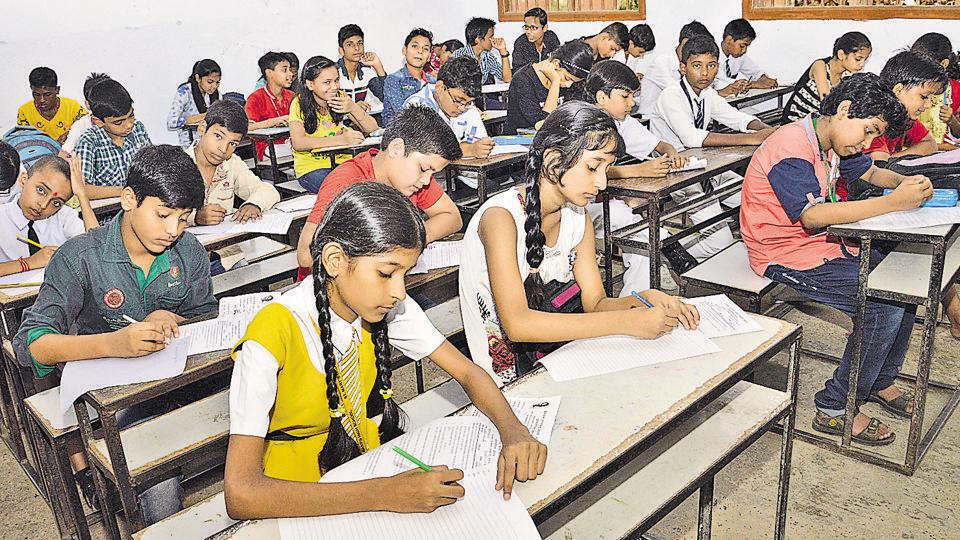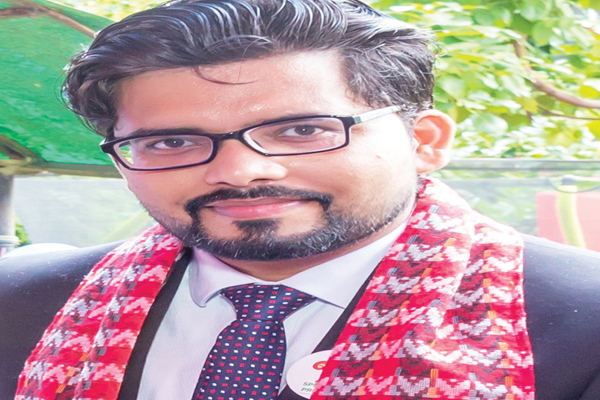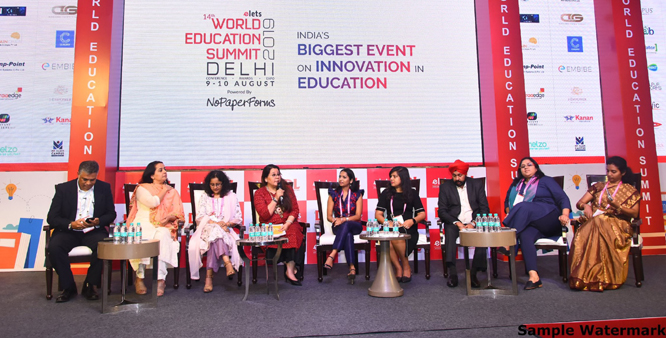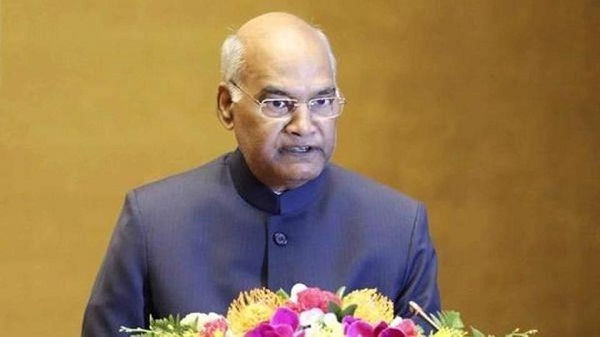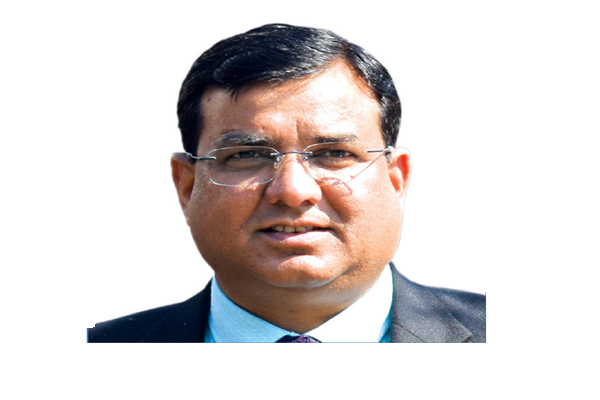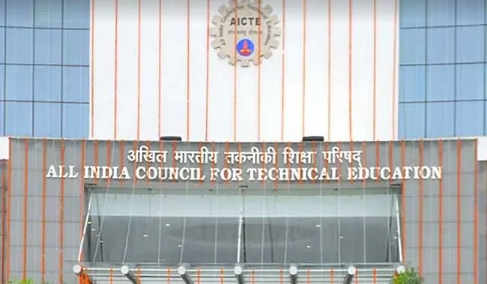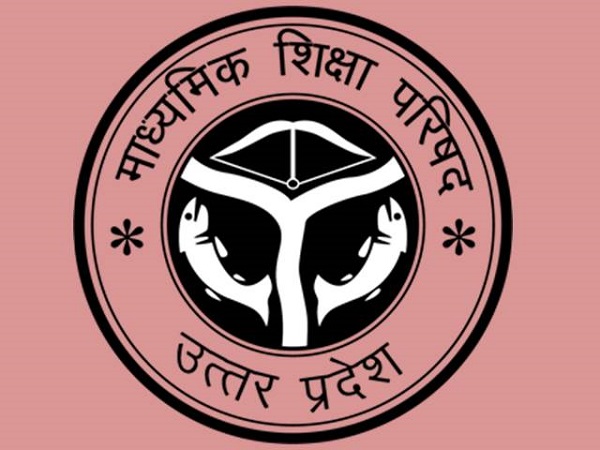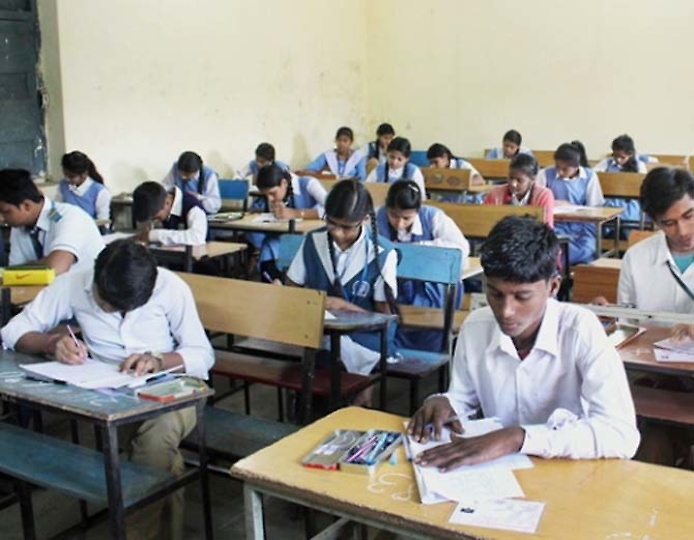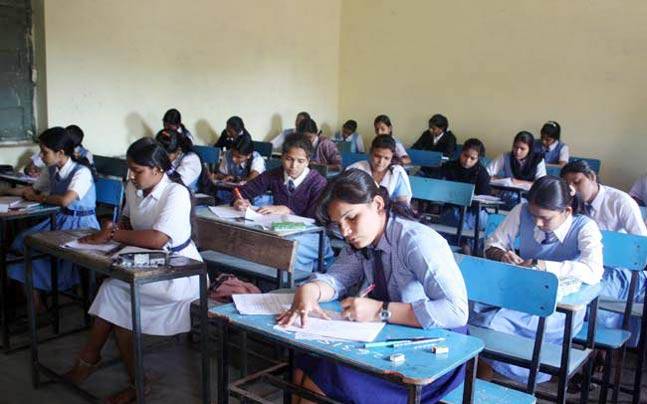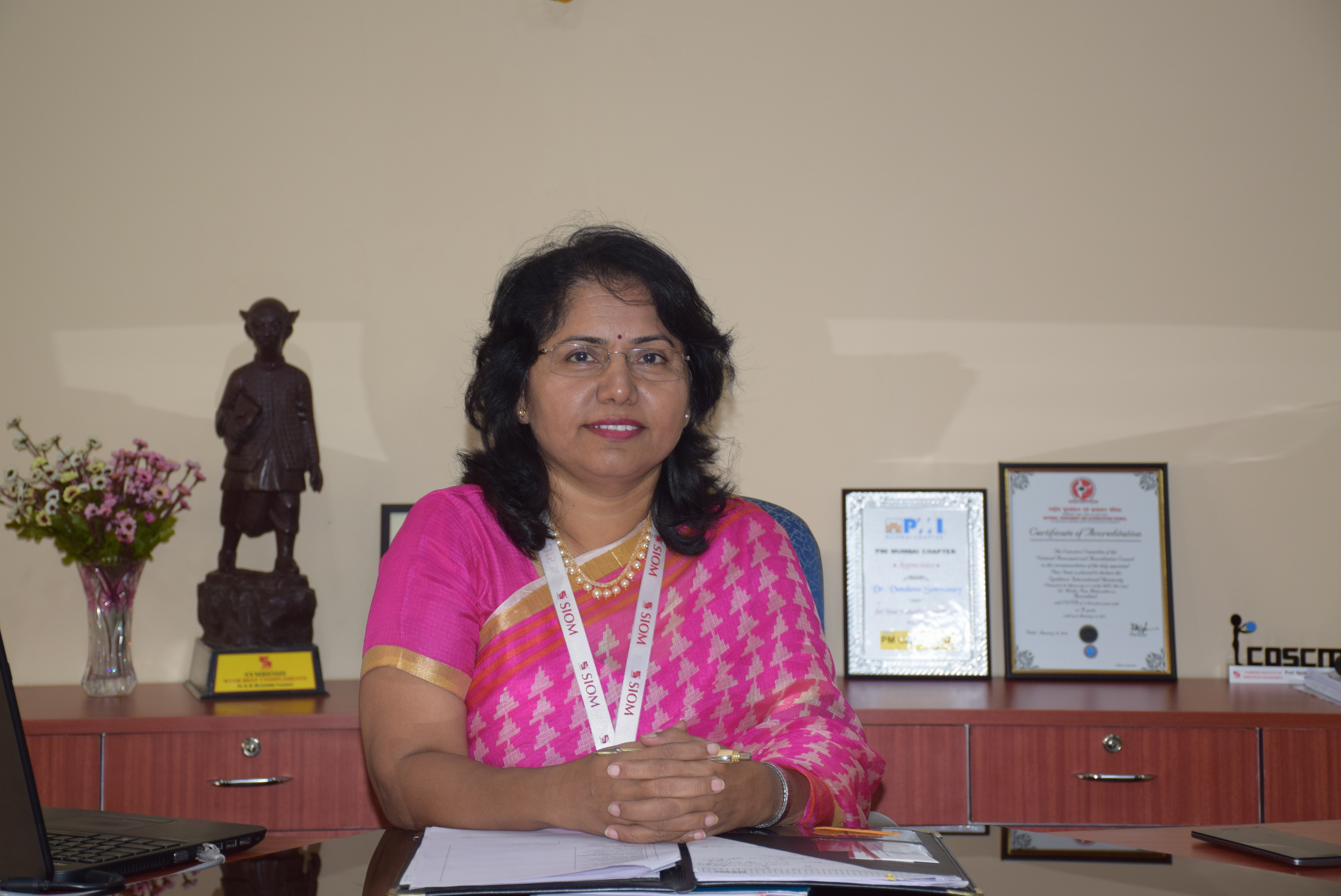Growing number of women in workforce, disintegration of extended or joint family system, and various other such socio, cultural, political, educational shifts over the last three decades in India have intensified the need for a more structured early childhood education system, writes Roopashree Sharma of Elets News Network(ENN).
The 14th World Education Summit 2019 in New Delhi witnessed Edu-leaders, practitioners, decision makers in the education sector across the world coming together on 9-10 August, 2019 under one premier international platform to discuss innovations and initiatives, collaborate and brainstorm various emerging opportunities in the education landscape in the present times and the future.
“A huge shift is happening, and a resourceful shift wherein the focus is moving beyond teaching A, B, C…1, 2, 3 to more explorative environment, exposure and making learning more experiential for children,” said Sonal Ahuja, Educational Alchemist, Shri Ram Foundation Preschool, who served as the moderator for the panel on the ‘Role of Early Childhood Educators in developing a healthier, safer and hygienic learning environment’ at the summit.
Defining a Right Learning Environment
The Recent trends and issues when it comes to right learning environment usually revolves around teaching children basic safety habits, POSCO, and cyber security. One of the major concerns raised by Ramananda S, Vice President – Sales, Pearson India Education Services Pvt. Ltd was about something as simple as fire safety. He shared that, “A report in a leading newspaper in India mentions that 39% of the school teachers in Bengaluru city are not trained in fire safety,” he exclaimed.
Children at such an early age require happy and healthy settings which promote indoors and outdoors activities, where they can explore new things, engage in fun activities and learn along the way. The foundation of their self-esteem, social skills, moral outlook and an overall perception of the world is based on the environment that they are exposed to in these early years. Manjit Legha, Director Academics & Training, Little Millenium Preschool summed up the right environment as one that equals to happy, fun and safe. She emphasised, “EQ before IQ.”
The teacher in the classroom is the driving force to maintain the quality of the education in the classroom. To play such a major role, the teacher is required to have foundational knowledge to understand the psychology of the children and therefore, it should be mandatory for preschool teachers to pursue formal education in early childhood education so that they can create an environment that encourages the child to take risks and promote independence in the child to be able to succeed in the future.
Stating that parents stressing too much on falling and getting hurt or clothes getting dirty in preschools is a hindrance to the growth of child, Sneha Rathor, CEO – Academics & Innovations, Sanfort Group of Schools urged that we as adults, whether as teachers, educators, parents, or management, need to restructure and see what we consider as safe challenge and what we consider as a threat to the child. We need to relabel things as to what is safe and unsafe.
The experiences that a child goes through in his or her early years contribute a lot in their overall development – emotionally, physically, psychologically, socially and these experiences are a precursor to developing the right attitude towards teachers in the later grades and schooling in the later years.
Satnam Sandhu, Founder and Director, Fun Rangers Preschools had a very interesting take on the subject. He referred to the preschoolers as the young future of the country. Quite beautifully, he described, “What we get is a body, very soft & tender, a mind so innocent, and a soul so pure. We need to build them. We need to guide them to a future.” he said.
There are various studies in the early childhood education ecosystem that found that engagement of the child in activities that stimulated his mind around the age of four increased the development of their cognitive abilities at a faster and healthier pace. Mansi Aggarwal, Director, Scottish Early Years was also of the view that stimulation of the intelligence of the child certainly increases the chances of the child to learn how to survive, develop EQ, and understand for themselves what is safe and not safe.
In contemporary India, where our children are raised in nuclear families, or single parent families, they get very less time to spend with their parents. On the other hand, children residing with grandparents learn a lot through various stories. They talk about values, safety, sharing and caring. Sharing her concern on the similar lines, Sai Kumari, Principal, Jain Cambridge School, Hyderabad said, “Absence of joint family structure brings a lot more responsibility on the early childhood educators to train the children while they are at the school.”
ROLE OF EDUCATOR IN FOSTERING A HAPPY, HEALTHY, SAFE AND HYGIENIC LEARNING ENVIRONMENT
In a nutshell, we can say a healthy environment is one that fosters the feeling of safety & security in terms of emotional, physical, psychological, and invigorating fun, happiness, enthusiasm, positivity, growth, passion towards learning. Such an environment promotes risk taking, inquisitiveness, and zeal to innovate in the children as well as the educators. However, the game changer question was how our educators working towards fostering such a happy, healthy, safe and hygienic learning environment?
As an early childhood educator, the role of the teacher does not end by teaching the students but also involving the parents so that there is a consistency between what is being taught at the school and at home as well. The teacher is not just to focus on reading and numeracy, but also to provide experiential learning. Quoting the curriculum ‘PEARL’ followed at Jain Cambridge, Sai Kumari said, “For an educator to execute a plan there has to be a robust curriculum. Our curriculum is child centric.”
Demonstration of a certain concept in the form of a collaborative activity is a simple means of teaching yet it has been found that it has far more impact on the mind of the child. Teachers are able to think more outside of the box to involve the children and maximise the level of learning. Sharing a similar example, Mansi of Scottish Early Years delightfully narrated a story about how conducting a fire drill at their campus gave the right exposure to the children at the school towards disaster management which eventually helped a child and her family from an actual fire at their house a week later. She emphasised on not just delivering the curriculum, but making sure the child actually understood how ‘what is being taught’ is to be used.
This is where Sunita Jain of Hello Kids added a very valuable point that we cannot expect for all the kids to learn in the same way the way we are teaching. An early childhood educator should be a felicitator, and flexible to apply, adapt and add on new ways of teaching. Especially as an early childhood educator, one has to give up the traditional ‘teacher’ role and abstain from controlling the outcome of the classroom.
Sharing a similar thought, Preeti Kwatra of Early Childhood Association mentioned that at our schools, we as educators focus on positive reinforcement. She insisted on paying attention on the positives to kill the negatives automatically. Most of the children in such early years are dying for attention. Therefore, looking at negative tantrums of a child gives incentive to other children in the class and promotes a domino effect of negative behaviour. She also stressed enough on giving the child the opportunity to explore, “Instead of letting the cat out of the bag immediately, let the child figure out the process,” she added.
Infusing the energy of a preschool teacher, Manjit Legha of Little Millenium Preschool replicated a fun storytelling act to depict how teachers at her school think outside the box right in the moment using rhymes and fun activities. “We have coined ‘Teachers Excellence Awards’ to keep the preschools teachers motivated, and also have carved a series of joyful parenting sessions for the parents to encourage them to enjoy their child.” she said. Sneha Rathor of Sanfort also mentioned that at Sanfort, for the past two years, they have been conducting orientation programs for parents to explain that helicopter parenting hampers the overall development of the child.
On a concluding note, the framework of early childhood education in India still has a lot of ground to be covered as major challenges stand ahead of it. First foremost the aim is to provide education to all of the nation’s young future of our country especially the disadvantaged stratum of the society. Second on the list is to give the early childhood educators an elevated status with proper remuneration and teacher training facilities. Early childhood education programmes set in the right context can change the future social and economic development trajectory of the nation.







